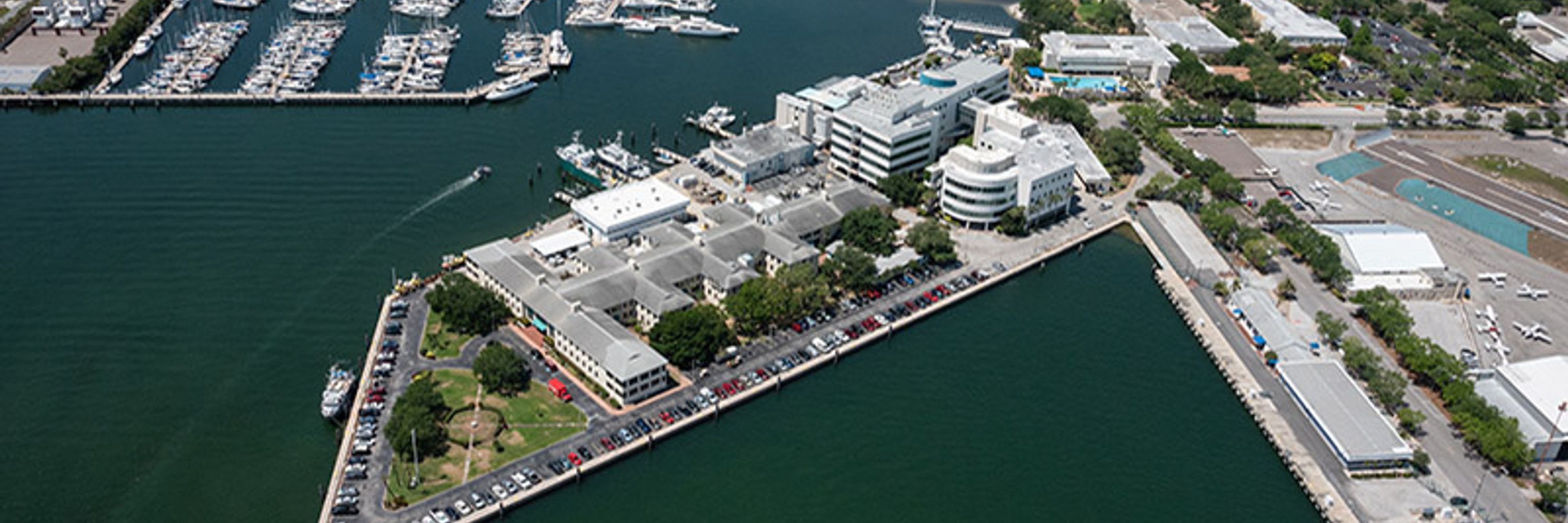
www.usf.edu/marine-scien...
Learn more about the position and how to apply at the link below.
fa-ewkd-saasfaprod1.fa.ocs.oraclecloud.com/hcmUI/Candid...


Learn more about the position and how to apply at the link below.
fa-ewkd-saasfaprod1.fa.ocs.oraclecloud.com/hcmUI/Candid...

www.usf.edu/marine-scien...

www.usf.edu/marine-scien...

Frank Muller-Karger from @cmarinescience.bsky.social studies coastal and marine ecosystems including water quality, biological production, biodiversity, climate change, and human activities.
www.wcmb2026.org/sccombio#Fra...
@unoceandecade.bsky.social @vliz.be

Frank Muller-Karger from @cmarinescience.bsky.social studies coastal and marine ecosystems including water quality, biological production, biodiversity, climate change, and human activities.
www.wcmb2026.org/sccombio#Fra...
@unoceandecade.bsky.social @vliz.be
🐚What can seashells tell us?
A new article in The Conversation co-authored by Tom Frazer, professor and dean of the College of Marine Science, explores how seashells can act as a historical record of seagrass health.
theconversation.com/seashells-fr...
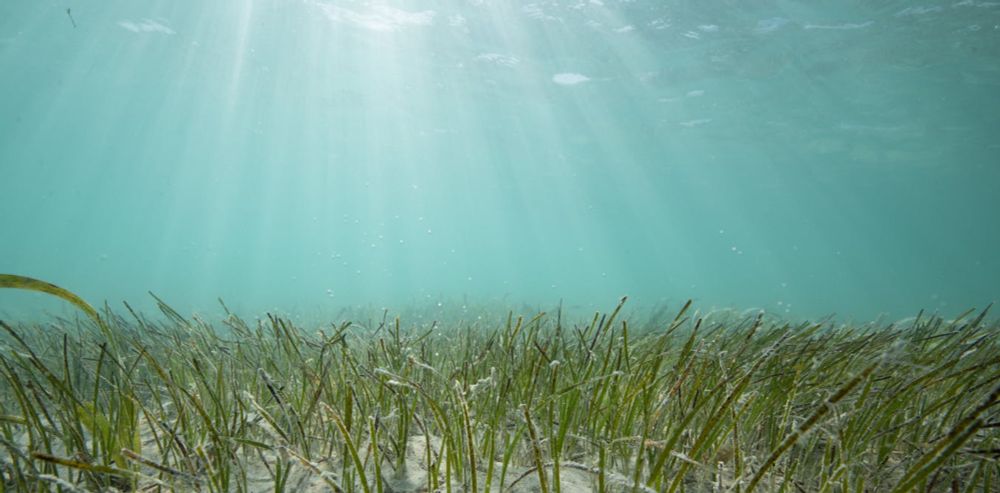
🐚What can seashells tell us?
A new article in The Conversation co-authored by Tom Frazer, professor and dean of the College of Marine Science, explores how seashells can act as a historical record of seagrass health.
theconversation.com/seashells-fr...
www.usf.edu/marine-scien...
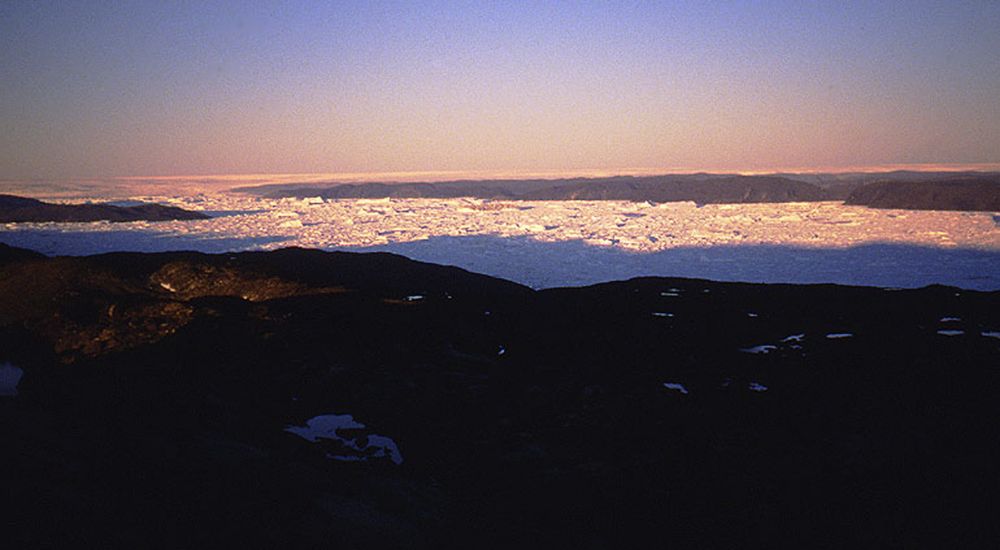
www.usf.edu/marine-scien...
www.usf.edu/marine-scien...

www.usf.edu/marine-scien...
www.usf.edu/marine-scien...

www.usf.edu/marine-scien...
👏 Chuanmin was selected for his transformative contributions in optical oceanography and satellite remote sensing with profound ecological, economic, and societal impacts.

👏 Chuanmin was selected for his transformative contributions in optical oceanography and satellite remote sensing with profound ecological, economic, and societal impacts.

www.youtube.com/watch?v=9hXY...

www.youtube.com/watch?v=9hXY...
www.usf.edu/marine-scien...
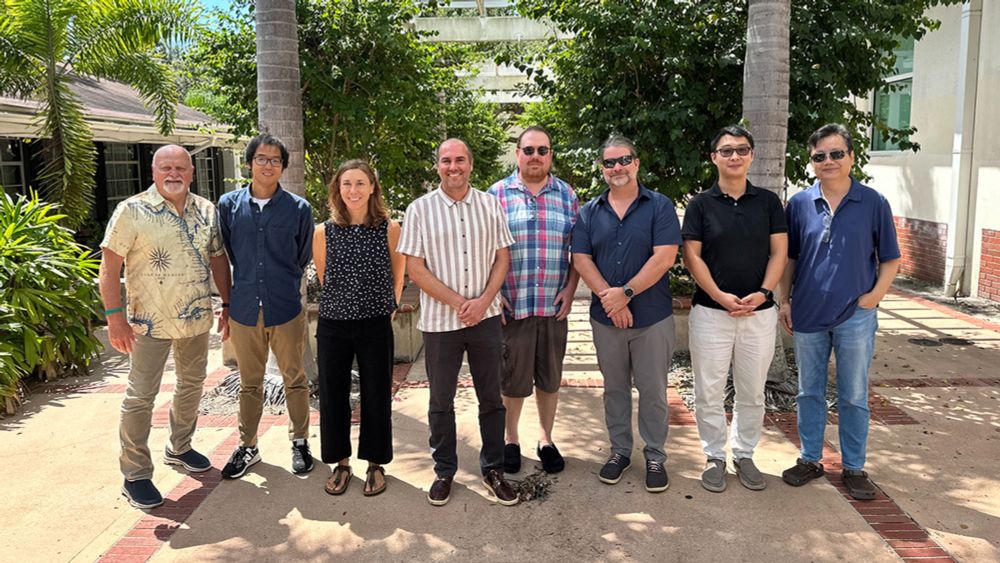
www.usf.edu/marine-scien...
www.usf.edu/marine-scien...

www.usf.edu/marine-scien...

www.usf.edu/marine-scien...
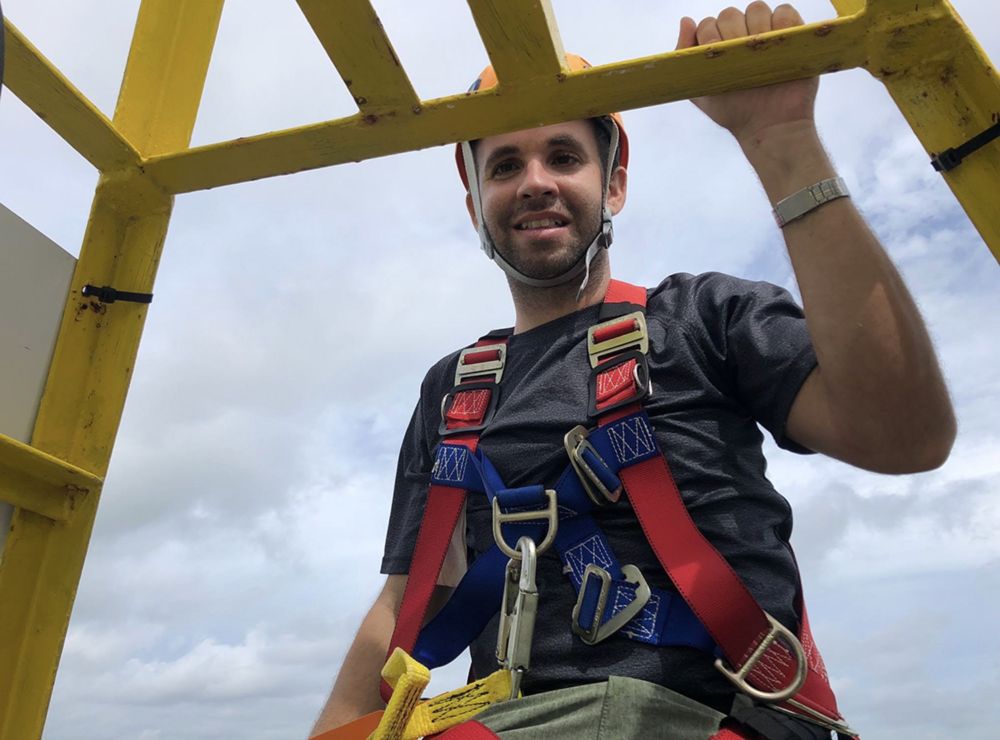
www.usf.edu/marine-scien...
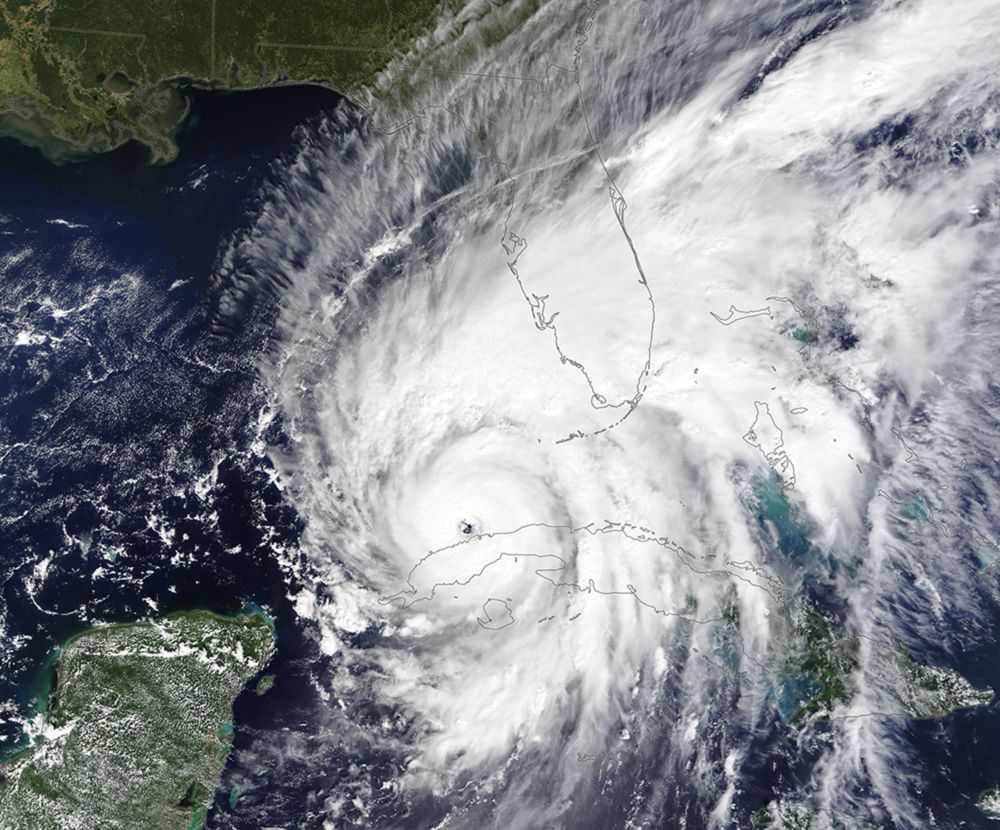
www.telemundo49.com/noticias/loc...
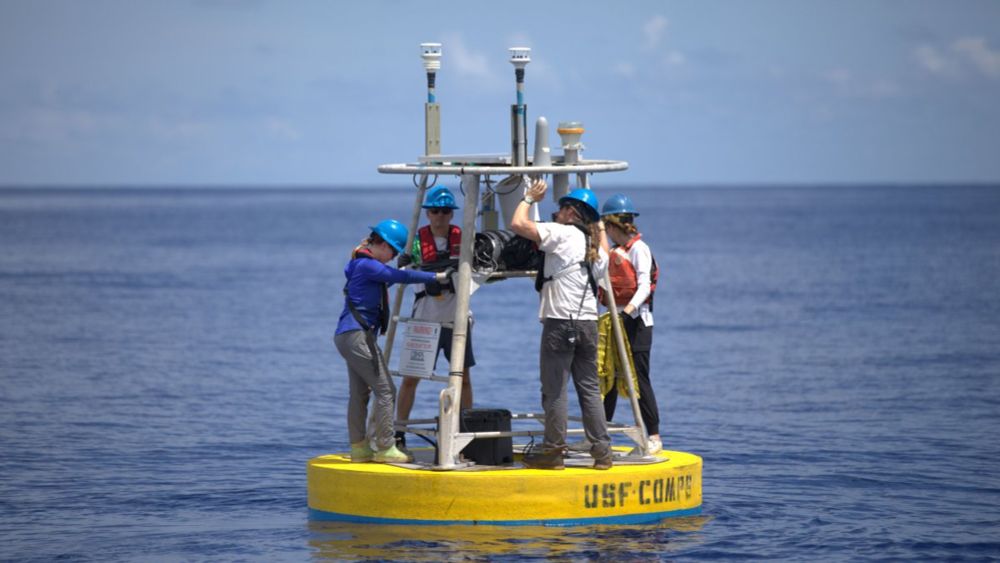
www.telemundo49.com/noticias/loc...
www.usf.edu/marine-scien...
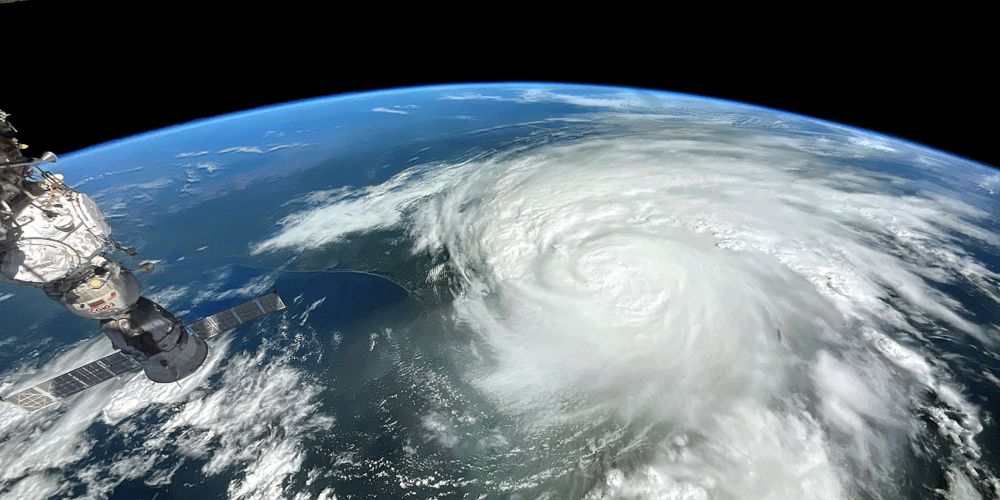
www.usf.edu/marine-scien...
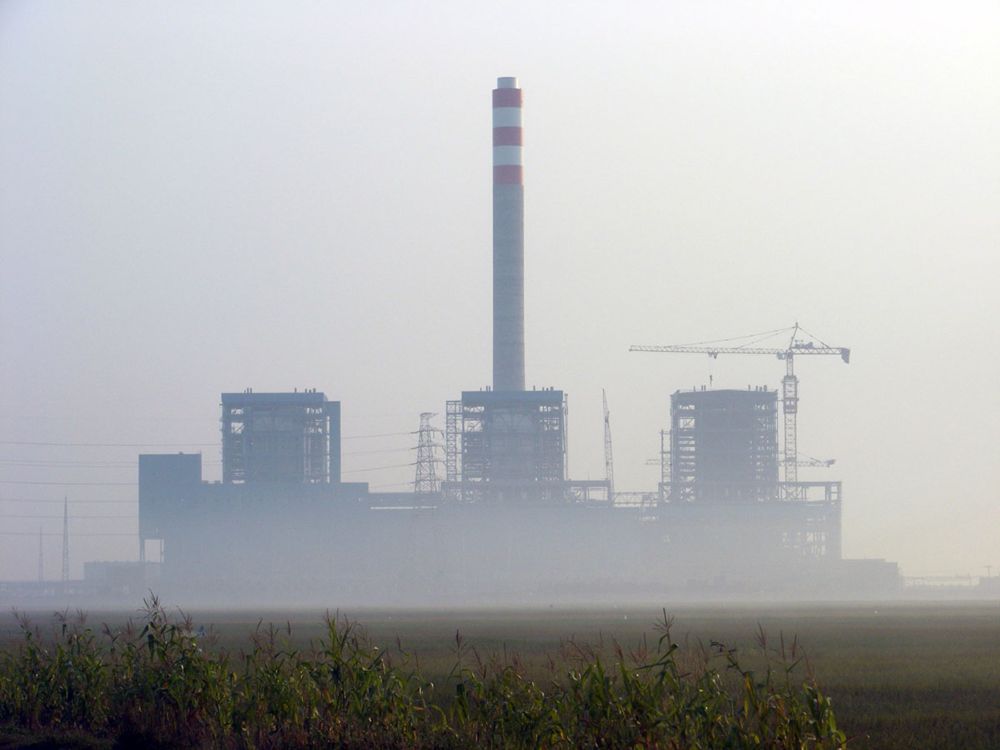
All month long, we’re celebrating the incredible researchers at the USF College of Marine Science who are expanding our understanding of the ocean through cutting-edge, world-renowned science.
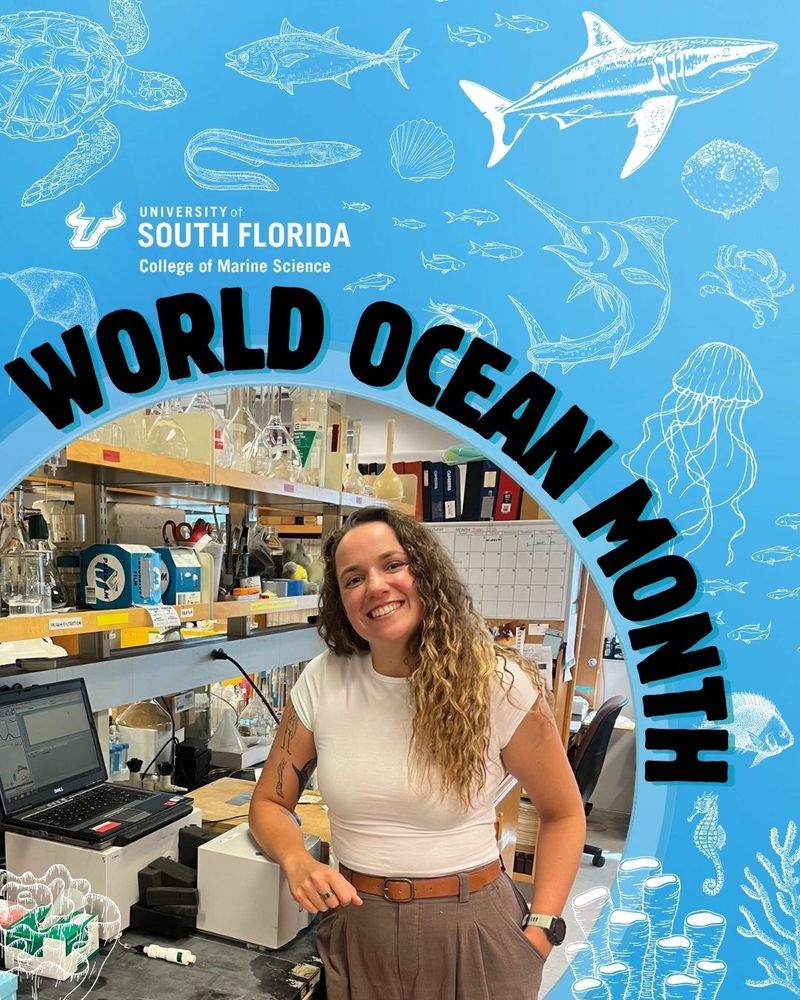
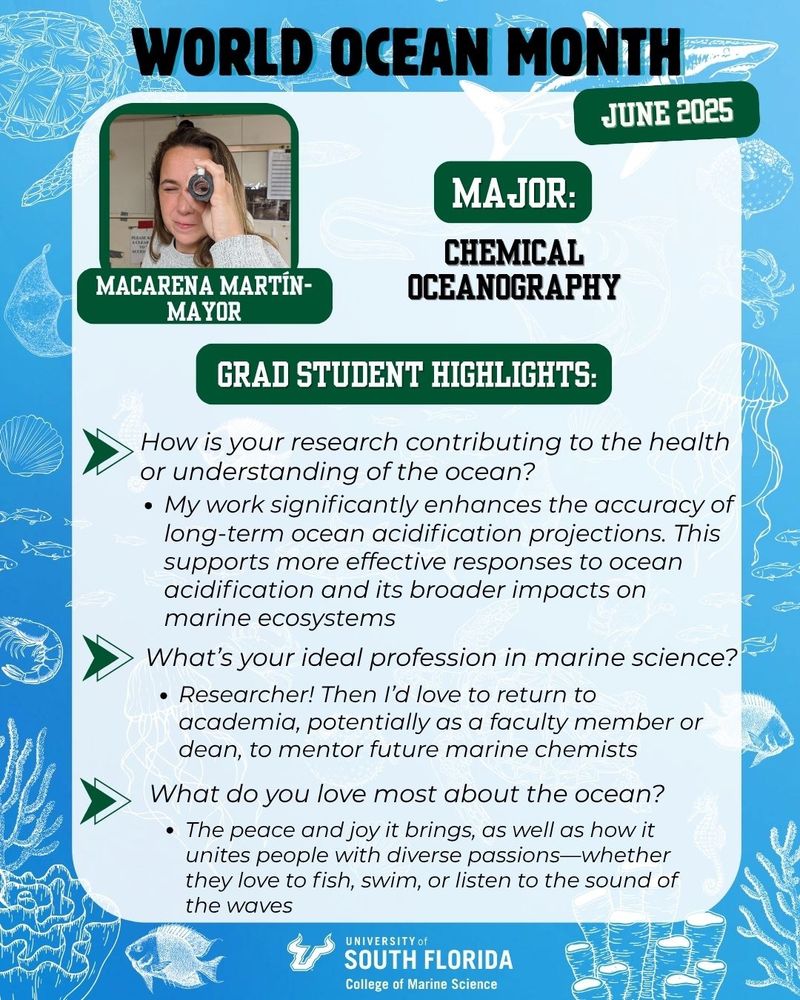
All month long, we’re celebrating the incredible researchers at the USF College of Marine Science who are expanding our understanding of the ocean through cutting-edge, world-renowned science.
With decades of service, each has contributed significantly to advancing research, empowering scientists, and supporting community.

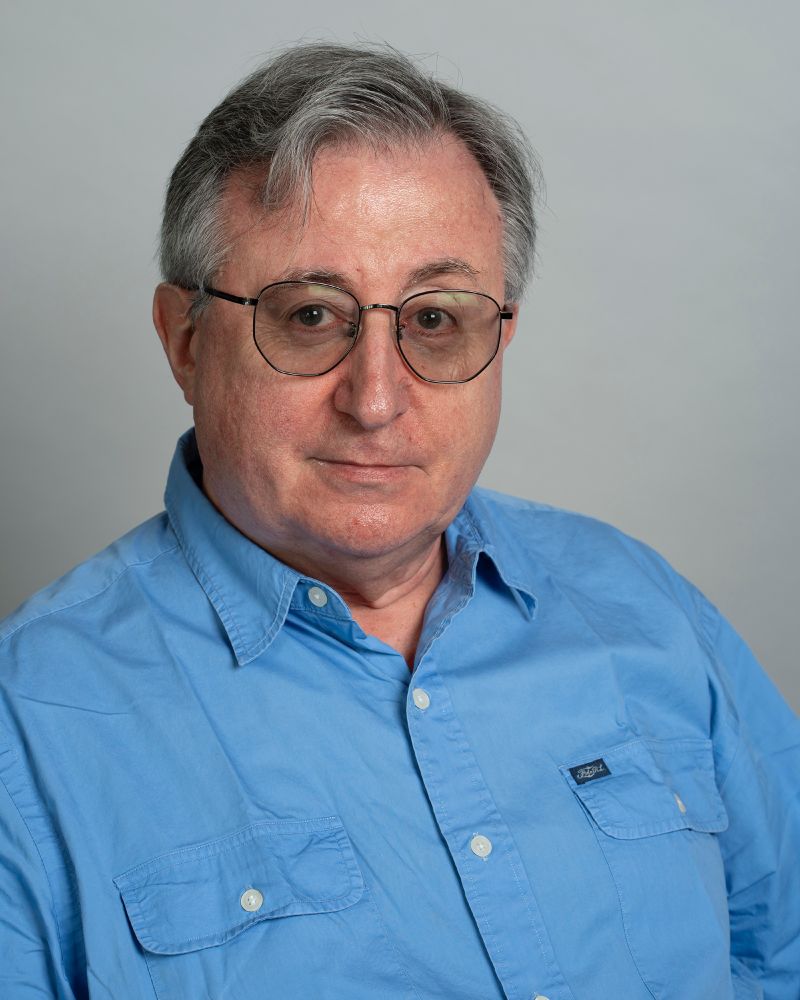
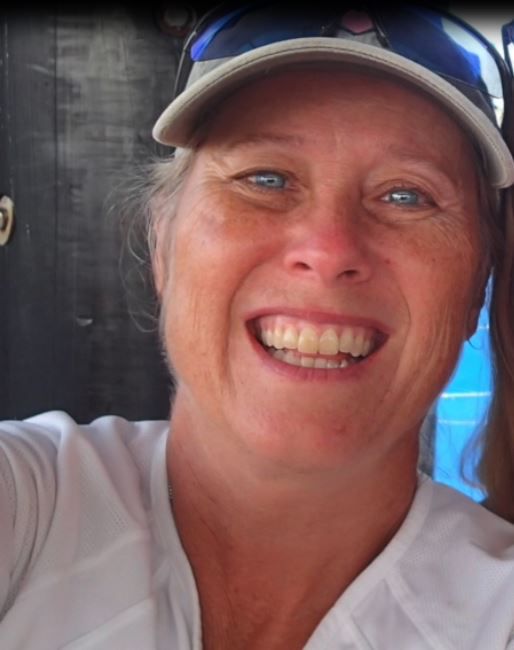
With decades of service, each has contributed significantly to advancing research, empowering scientists, and supporting community.
In "Climate to a Fish Sandwich: Why We Study the Ocean’s Circulation", USF's Dr. Robert Weisberg explains why ocean circulation matters—for all of us.
www.usf.edu/marine-scien...
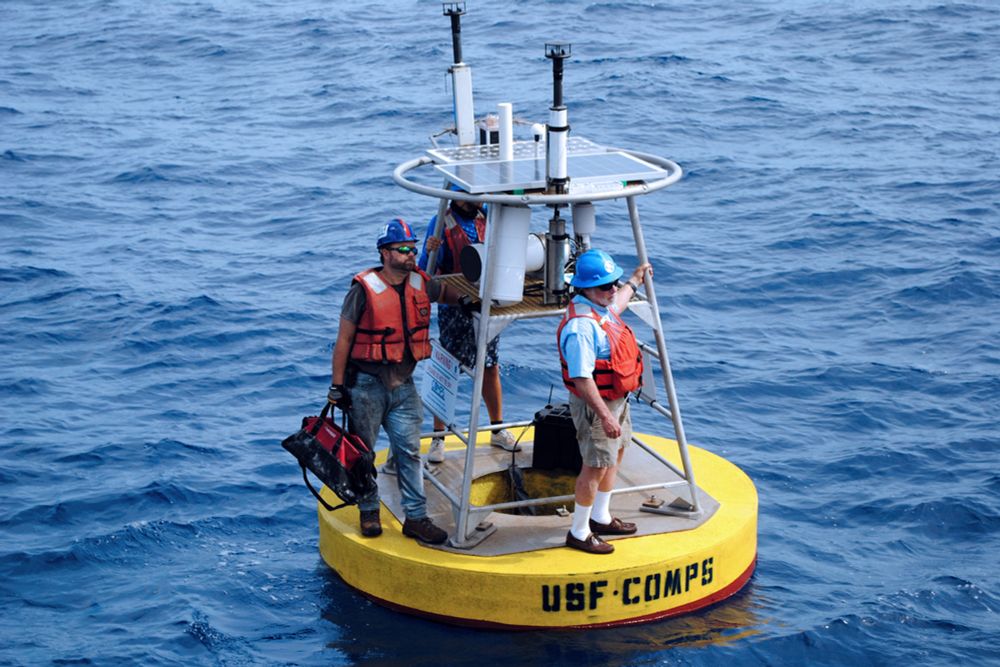
In "Climate to a Fish Sandwich: Why We Study the Ocean’s Circulation", USF's Dr. Robert Weisberg explains why ocean circulation matters—for all of us.
www.usf.edu/marine-scien...
Follow us to stay up to date on ocean research, student and faculty achievements, career opportunities, and everything happening at the heart of marine science in the Southeast.
www.linkedin.com/company/univ...

Follow us to stay up to date on ocean research, student and faculty achievements, career opportunities, and everything happening at the heart of marine science in the Southeast.
www.linkedin.com/company/univ...


